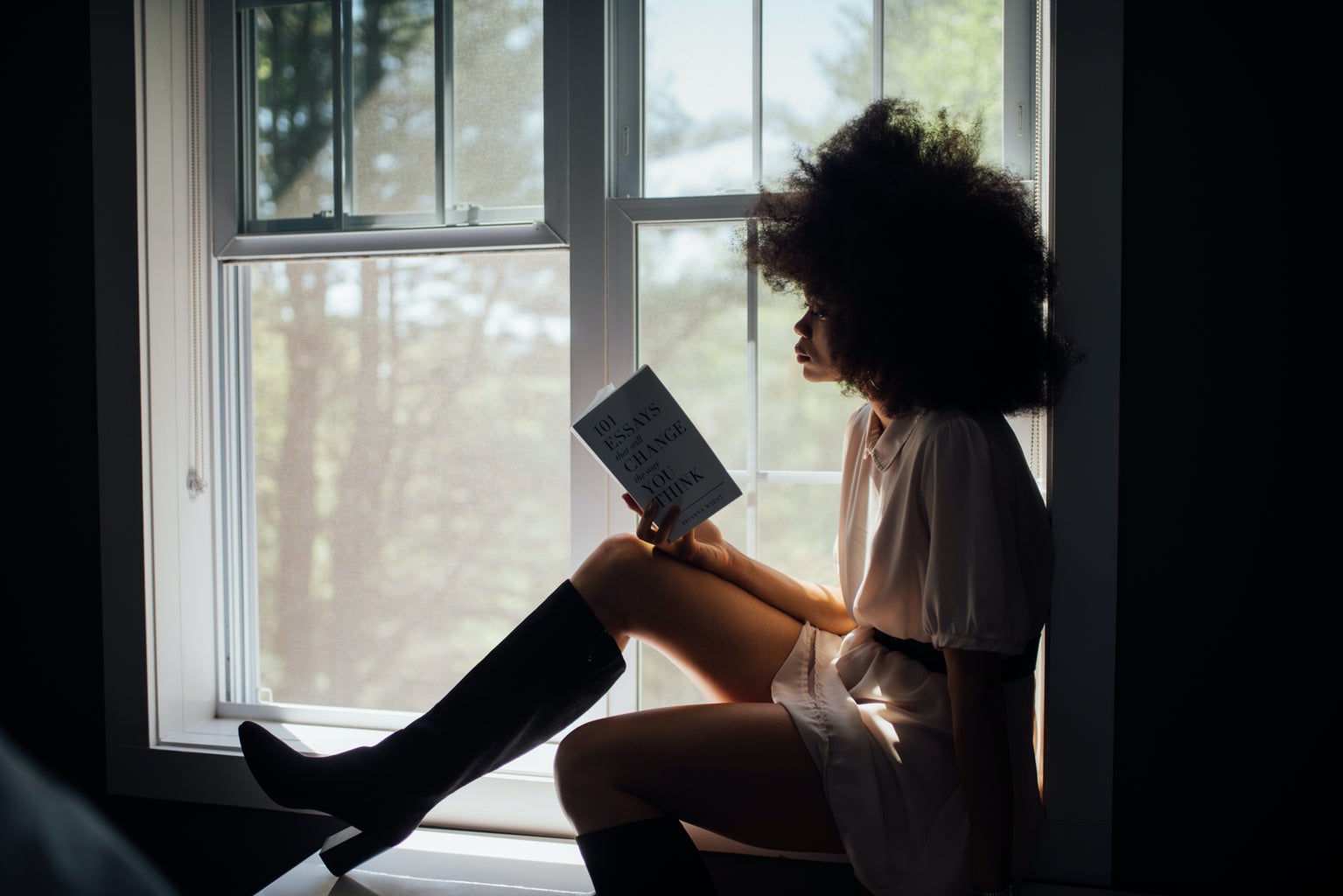Though my love of reading has been encouraged throughout my life, I’ve always had the sense that re-reading was frowned upon. I can’t tell you exactly where this feeling comes from, but I can tell you that the most common argument against re-reading is that it is a waste of time. After all, you would already know what the book was about or how it ended. Yet, even with the bad press re-reading has received, I have still found myself returning to the fictional worlds and personal narratives that continued to resonate with me long after the final page was turned. In what follows, I’ll make a case for the joys and very real benefits of re-reading.
While I don’t want to romanticize re-reading to the point of obsession, I feel that there shouldn’t be any shame in reading or re-reading what you take pleasure in. In her book The Happiness Project, Gretchen Rubin talks about overcoming the guilt she associated with re-reading or not reading the books she felt she should be reading, like classics or best-sellers. She explains that these self-imposed (though culturally and socially reinforced) feelings often kept her from the joy of reading what she really wanted to devote her time to. As someone who has long been a proponent of reading for pleasure, the idea that I or anyone else would stop themselves from reading or re-reading something that brings them joy is disheartening. In my experience, good books, no matter how many times they are read and re-read over the years, have a distinct ability to provide solace and connection. Why should we limit ourselves to only having one such experience?
For me, re-reading books that resonated with me at a particular time in my life (even if it didn’t seem particularly remarkable), always reveals something about how I’ve changed and grown. As Alicia Kennedy writes in her recent essay, “What I’m Re-Reading: An Important Practice,” re-reading can allow you to remember how you felt about your life and the world around you at a particular moment. What we notice about a book tends to change each time we read it, and not in small part because we ourselves have likely changed. We bring ourselves — what we’re feeling, living, and looking for in that moment — to the books we read. You could easily hate a book at 16 and realize it’s revolutionary at 22 (or vice versa). Re-reading unlocks new meanings, connections, and resonances. It can take us back while simultaneously propelling us towards new thoughts and ideas. I can’t tell you how many times I’ve re-read a book or a chapter only to realize that I had missed something entirely the first time I read it. Sometimes re-reading not only allows you to understand more about the book, but more about yourself, too.
What’s more, as Kennedy further describes, re-reading—fiction or otherwise—teaches us about grammar, sentence structure, and building a narrative. Even if you don’t think that you will ever need to know how to write for your career or that the YA novel you love could not possibly help you become a better writer, I promise you that all these things matter. Reading and re-reading can only help us learn to communicate our ideas more effectively, which in turn, can only make us better friends, workers, and partners. While books can (and most often do) shape the way we think about and understand the world around us, the way they are written can also have a deep impact on the way we live and communicate.
So, please re-read. Pick up that series you loved as a teenager and fall back in love with that world. Re-read that Sally Rooney, Rachel Cusk, or Ottessa Moshfegh book you can’t stop talking about or find that one short story from first-year English you always seem to think about. You never know what might come of it.




